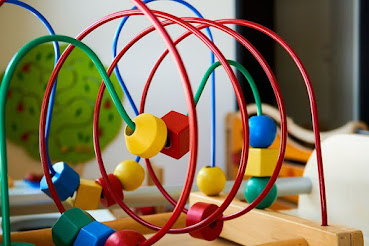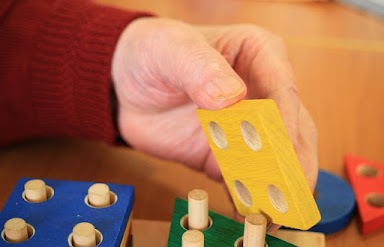Developmental Delays In Babies
Developmental Delays in Babies
Developmental delays in babies can be concerning for parents and caregivers, as they may indicate underlying issues that need to be addressed in order for the child to reach their full potential. Developmental delays can occur in various areas, including physical, cognitive, communication, and social-emotional development.
Causes of Developmental Delays:
There are a number of potential causes of developmental delays in babies. Some of these causes may be related to genetics or medical conditions, while others may be due to environmental factors.
One potential cause of developmental delays is a genetic disorder or chromosomal abnormality. Examples of genetic disorders that can cause developmental delays include Down syndrome, fragile X syndrome, and phenylketonuria (PKU). These conditions can affect a wide range of developmental areas, including physical growth, cognitive functioning, and communication skills.
Medical conditions can also cause developmental delays in babies. For example, premature birth can lead to developmental delays, as the baby may not have had sufficient time in the womb to fully develop. Other medical conditions that can cause developmental delays include problems with the nervous system, such as cerebral palsy or epilepsy, and problems with the endocrine system, such as hypothyroidism.
Environmental factors can also play a role in developmental delays. For example, exposure to toxins or certain infections during pregnancy or early childhood can affect a child's development. Poor nutrition, particularly during the first few years of life, can also lead to developmental delays.
In some cases, the cause of developmental delays in babies is unknown. This is known as "unspecified developmental delays."
Developmental delays can have a range of effects on a child's development. In some cases, developmental delays may be mild and may not significantly impact a child's overall functioning. However, in more severe cases, developmental delays can significantly impact a child's ability to learn, communicate, and interact with others.
Signs of Developmental Delays
It is important for parents and caregivers to be aware of the potential signs of developmental delays in babies, as early identification and intervention can make a significant difference in a child's development. Some common signs of developmental delays in babies include:
- Delays in reaching developmental milestones, such as sitting up, crawling, walking, or speaking
- Poor muscle tone or coordination
- Struggles with fine motor skills, such as grasping small objects
- Difficulty with feeding or swallowing
- Limited social interaction or communication
- Difficulty with problem-solving or following directions
If a child is diagnosed with developmental delays, there are a number of interventions that can be helpful in supporting their development. These may include:
Types of Interventions on Developmentally Delayed Babies:
Early intervention programs, which provide services such as speech therapy, occupational therapy, and physical therapy to support a child's development
Special education services, which can be provided in a variety of settings, including public schools and private centers
Parent training and support programs, which can help parents learn strategies for supporting their child's development at home
It is important to note that every child is unique and will develop at their own pace. It is normal for children to reach developmental milestones at slightly different times. However, if a parent or caregiver is concerned about their child's development, it is important to speak with a healthcare provider to determine if there may be any underlying issues that need to be addressed. With early identification and intervention, children with developmental delays can make significant progress and reach their full potential.
Physical Therapy Interventions for Developmental Delays:
Physical therapy is one type of intervention that may be beneficial for babies with developmental delays. Physical therapy focuses on improving a child's physical abilities, such as mobility, strength, and coordination. Physical therapists work with children to develop and improve their gross motor skills, which are the large movements of the body, such as sitting, crawling, and walking.
Physical therapy interventions for developmentally delayed babies may include:
- Exercises to improve muscle strength and flexibility
- Practice with gross motor skills, such as rolling over, sitting, crawling, and walking
- Use of assistive devices, such as walkers or standing frames, to support a child's mobility
- Sensory integration activities to help a child process and respond to sensory information in their environment
- Balance and coordination activities to improve a child's ability to move and control their body
It is important to note that the effectiveness of physical therapy interventions for developmentally delayed babies will depend on the individual child and their specific needs and goals. Physical therapy may not be suitable for all children with developmental delays, and the therapist will work with the child and their family to determine the most appropriate interventions.
Physical therapy can be an important component of a comprehensive treatment plan for babies with developmental delays. By improving a child's physical abilities, physical therapy can help support their overall development and improve their ability to participate in daily activities. With the support of physical therapy and other interventions, children with developmental delays can make significant progress and reach their full potential.
References:
3. Zablotsky B, Black LI, Maenner MJ, Schieve LA, Danielson ML, Bitsko RH, Blumberg SJ, Kogan MD, Boyle CA. Prevalence and trends of developmental disabilities among children in the United States: 2009–2017. Pediatrics. 2019 Oct 1;144(4).














Comments
Post a Comment